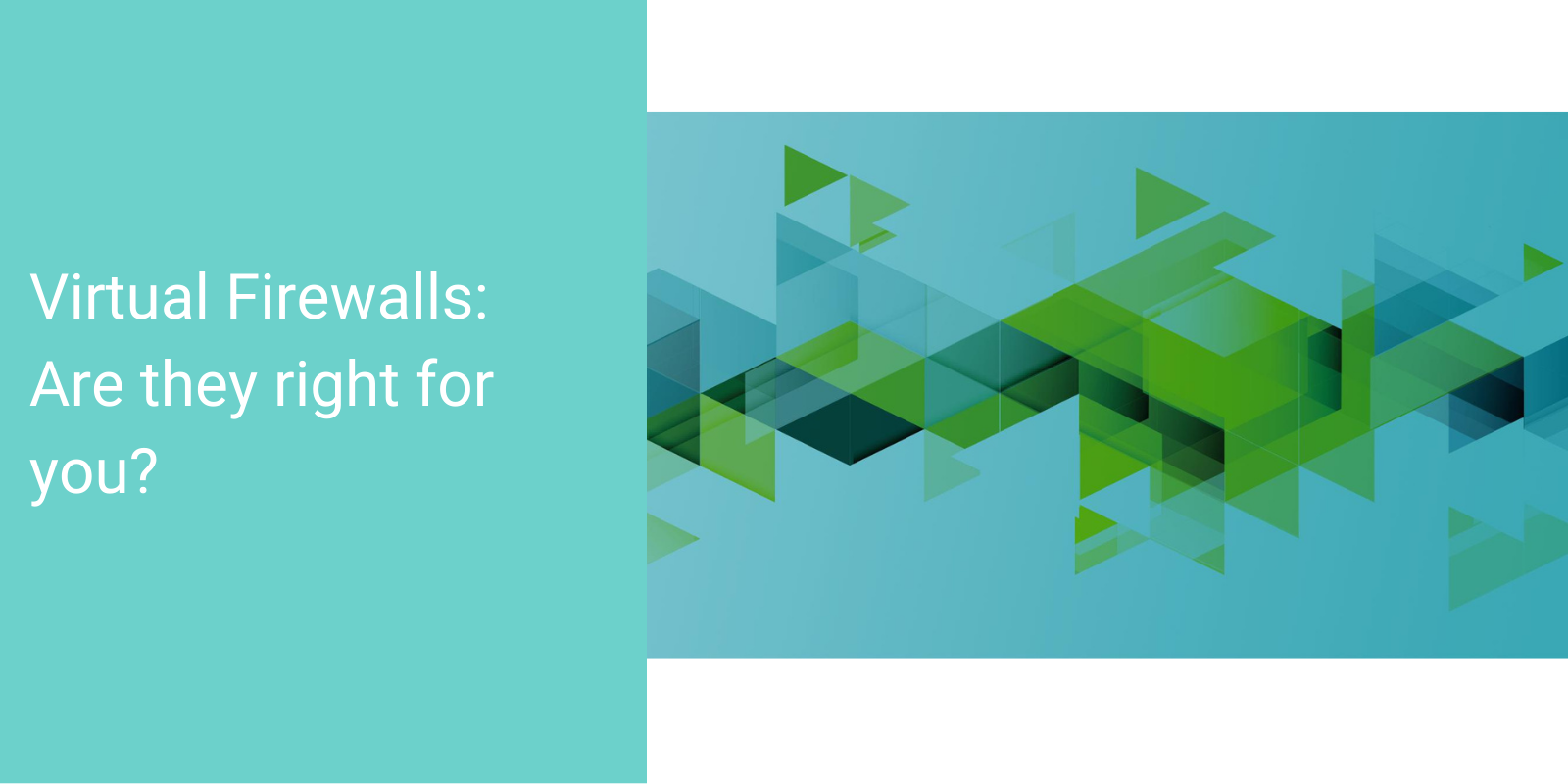FBy Dustin Loverich, Network Engineer
At one point or another we have all been browsing a little longer than we anticipated online & received a message that shows BLOCKED from your IT administrator and thought “Uh oh, I might be in trouble”
You should not be alarmed. This is just the infrastructure (a firewall) your company has set in place doing its job, acting as a filter against bad connections from the outside world (threats).
What is a Firewall?
A firewall works by comparing the data sent into or out of the network against a list of rules. Based on the results of the rule checking, the firewall will then either block or allow the connection. Websites (URL’s) can typically be submitted by users to administrators for approval via link on blocked site. By having a physical or virtual firewall in your IT infrastructure (scalable per client needs) it allows administrators to vastly increase network security by managing traffic.
Why do you need a firewall?
With the change in the work environment’s threats by cyber-attacks have spiked increasingly in 2020 “as cybercriminals have tried to exploit the massive shift to the remote workforce”. Private research completed by the FBI & other organizations shows upwards of 4,000 attacks per day, attackers are finding new ways to exploit an organization’s network vulnerabilities.
For example, the worm-like vulnerability on Microsoft Teams, which allowed criminals to take over an organization roster of Team’s accounts by sending users a malicious link that looked like an innocent GIF.
A Case for Virtual Firewalls
A virtual firewall is a network security solution designed specifically for environments in which deploying hardware firewalls is difficult or impossible, such as public and private cloud environments; software-defined networks, or SDN; and software-defined wide area networks. Virtual firewalls are becoming more prevalent and have evolved to feature parity with their physical appliance counterparts.
The speed with which users now expect virtualized environments to provide services is also a security concern. Security professionals must juggle DevOps speed with security challenges that now span dispersed environments. The right virtual firewall can help to provide a consistent network security posture across your IT environment, including private clouds, public clouds, and branch locations.
But you don’t have to do it all yourself, enter firewall-as-a-service
Managed network firewall services are one of the key security services already offered by Atom Creek, given the rapidly changing threat landscape, there comes a requirement for a new way to make this service both quicker to deploy as well as more flexible. Virtual firewalls can be a particularly attractive option for enterprise security teams to scale inspection and build out their threat protection for their two-way traffic. Interoperability between security vendors and MSPs is extremely important as attacks are on the rise & the cost to deal with the repercussions of such can be devastating.
Based on current trends, security will be a top priority for enterprises of all sizes for many years to come. Atom Creek is here to help you make the transition to more secure/reliable systems & network infrastructure. To date, we have implemented scalable network solutions to help protect our clients and their data by eliminating risk factors & training employees on best practices. By constantly reviewing new features of offered 3rd party products & services we enable our customers to choose which option best suits their needs.
If you have any questions on implementing network solutions or would like to reach out to our sales team on scheduling a consultation.


